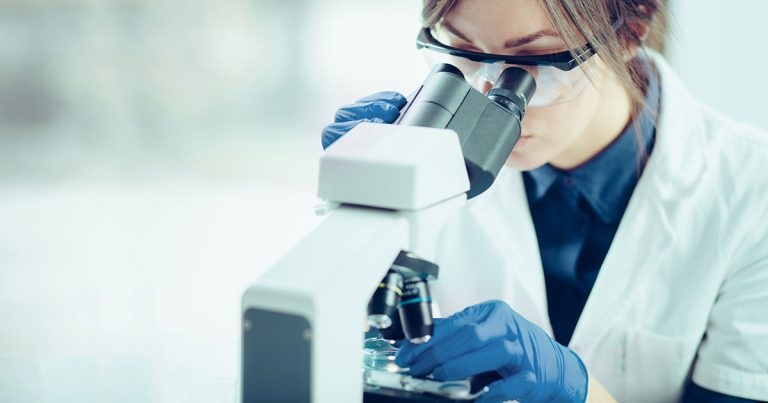3 Mar 2023
Public health chiefs in the UK said they were remaining vigilant over avian flu, though they stress there is currently no sign that the virus is easily transmissible between humans.

Image © likoper / Adobe Stock
Urgent action is needed now to improve global animal health services and help prevent another pandemic in humans, a new report has warned.
The message from the Action for Animal Health coalition comes amid deepening anxiety about the potential risk posed by avian flu, following the death of an 11-year-old girl from the virus in Cambodia.
Public health chiefs in the UK said they were remaining vigilant, though they stress there is currently no sign that the virus is easily transmissible between humans.
But the coalition, whose secretariat is based at the London headquarters of the horse and donkey charity Brooke, said underinvestment has led to international shortages in vets, medicines, vaccines and surveillance work.
Klara Saville – a coalition member and Brooke’s head of global animal health, welfare, community development and research – said there was a clear need to focus on animal health to better protect human health.
She said: “While one health is gaining traction at a global level to combat emerging health threats, there are significant barriers to delivering it on the ground because of the lack of investment in animal health systems.
“Outbreaks of animal and zoonotic diseases, and antimicrobial resistance, are the inevitable result of this lack of investment. With avian influenza rapidly spreading across species and borders, this is the time to take action.
“We are only as strong as our weakest health system and we need to invest in animal health to prevent the next pandemic.”
Across Great Britain, five new cases of avian flu were recorded among captive bird flocks during February, while 185 wild birds have been found with the virus since the beginning of this year.
There have also been 14 confirmed cases of the virus in other species – specifically foxes, otters and seals – since the start of the current emergency in the autumn of 2021, though none have been reported since late January.
In its most recent update, issued on 23 February, the UK Health Security Agency (UKHSA) said it had monitored 2,310 people who had come into contact with infected birds between the start of October and mid-February, with no one testing positive for the virus.
Meera Chand, UKHSA incident director on avian flu, said: “The latest evidence suggests that the avian influenza viruses we’re seeing circulating in birds do not currently spread easily to people.
“However, viruses constantly evolve and we remain vigilant for any evidence of changing risk to the population, as well as working with partners to address gaps in the scientific evidence.”
But the coalition, whose report focuses on animal health service provision and features case studies of the situation in Ethiopia and Pakistan, said avian flu is a key example of how zoonotic diseases should be controlled before the risk of them spreading to humans grows.
The crisis has further highlighted questions over the capacity of the APHA’s Weybridge laboratories to deal with major outbreaks of this kind.
Although Defra has highlighted the commitment of £1.4 billion towards improvements, a report by the Commons Public Accounts Committee last year claimed the department had “comprehensively failed” to resolve the issue.
The money committed to the site is also only half of the £2.8 billion investment that the site has been estimated to require by the National Audit Office.
A Defra spokesperson said: “We are proud of Weybridge’s long-standing reputation for excellence in the field of biosecurity and the work it does to protect the UK from animal diseases.
“Its world-leading scientists and our field teams are playing a vital role in responding rapidly and decisively to the threats from animal diseases, including the current avian influenza outbreak, which is the largest on record.”
However, the coalition said: “The findings of the Weybridge report are definitely concerning and links to the overarching lack of investment in animal health/resources, meaning that the UK is not equipped to prioritise the threat posed by animal and zoonotic diseases – when we should be an example to the rest of the world.”